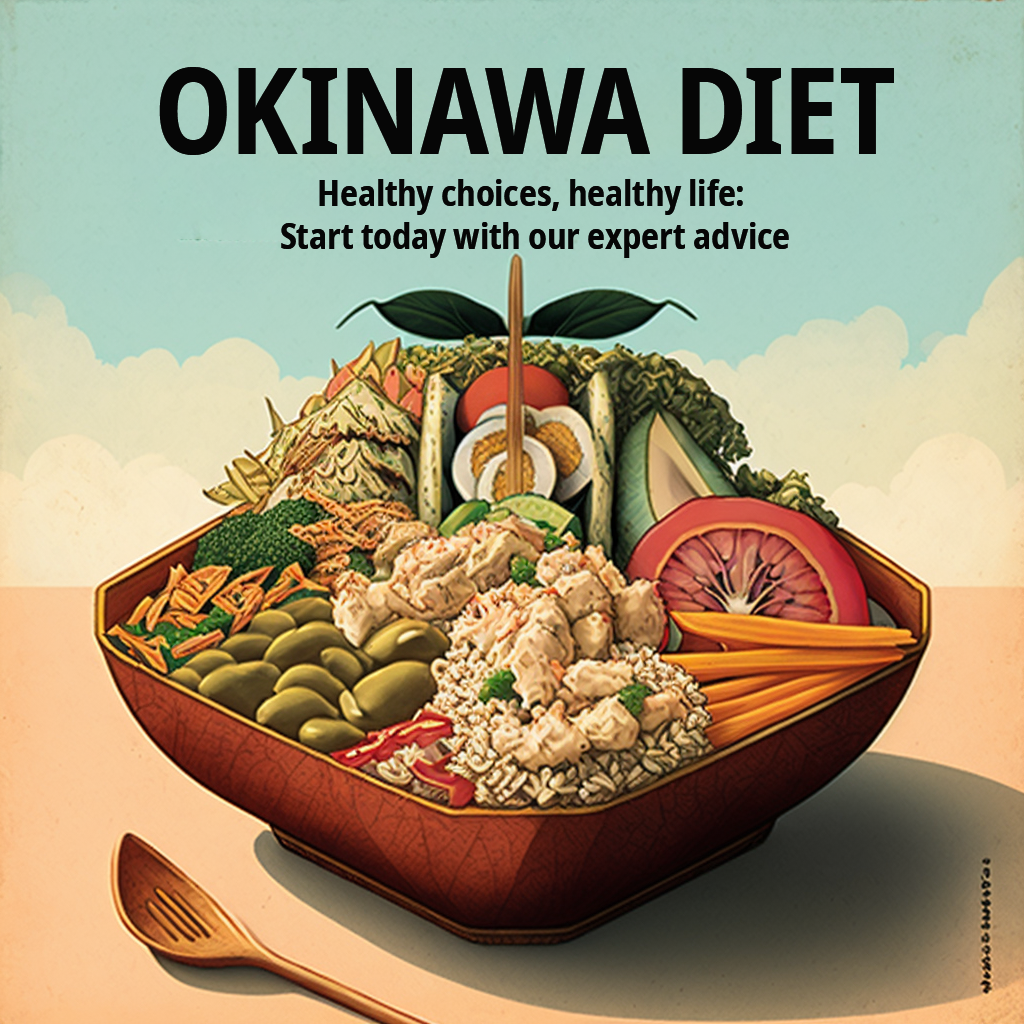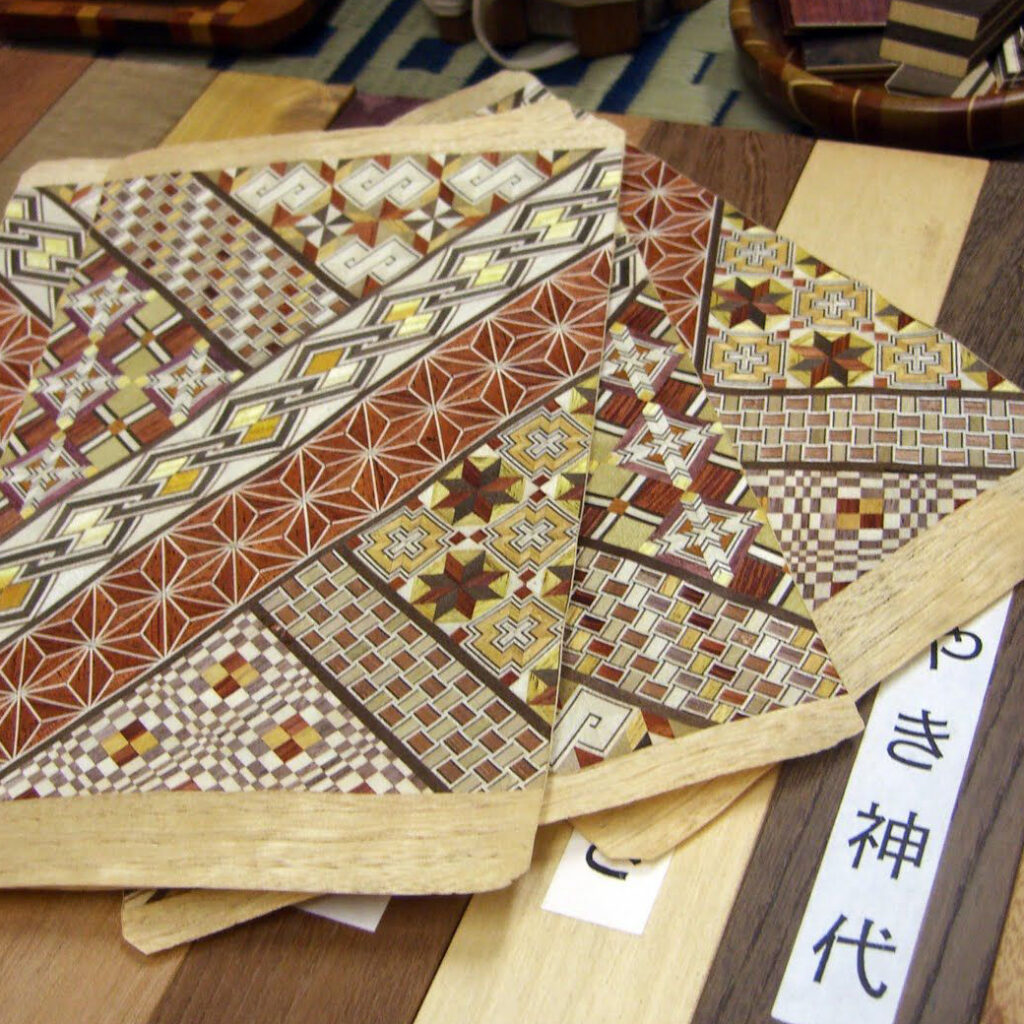The Okinawa diet is a dietary model based on the culinary habits of the Japanese island of Okinawa. It is considered one of the healthiest diets in the world, as it is associated with increased longevity and better health. In this article, we will take a close look at this diet and understand why it is considered so beneficial to health.
Introduction
The island of Okinawa is located in the Japanese archipelago, in the southwestern part of Japan. Okinawans have a remarkably high longevity, with an average life expectancy of 84 years for women and 78 years for men. The Okinawa diet is based on the culinary habits of this population, which is characterized by a diet based on vegetables, fruits, fish and whole grains.
Composition of the Okinawa diet
The Okinawa diet is rich in nutrients and low in calories. It is composed mainly of :
- Vegetables and Fruit: Okinawans eat a wide variety of vegetables and fruit, including sweet potatoes, carrots, cucumbers, cabbage, squash, tomatoes, citrus fruits, melons and bananas. These foods are rich in vitamins, minerals, antioxidants and fiber.
- Fish: Fish is an important source of protein for Okinawans. They primarily eat fatty fish such as tuna, mackerel, salmon and herring, which are rich in omega-3 fatty acids, good for cardiovascular health.
- Whole grains: Okinawans eat large amounts of brown rice, millet, buckwheat and other whole grains, which are rich in fiber and nutrients.
- Soy: Soy products, such as tofu and miso, are also commonly eaten in Okinawa. They are rich in protein, fiber and antioxidants. Seaweed: Seaweed, such as wakame and nori, is often used in Okinawan cuisine. They are rich in minerals such as calcium, iron, magnesium and potassium.
- Little red meat: Okinawans eat very little red meat, preferring instead fish, shellfish, seafood and white meat such as chicken.
- Little dairy: Dairy products are not part of the traditional Okinawan diet, so their consumption is limited.
Health Benefits
The Okinawan diet is associated with increased longevity and better health. Research has shown that Okinawans have a lower risk of chronic diseases such as cancer, heart disease and diabetes than other Japanese populations. Here are some of the health benefits of the Okinawa diet:
- Reduced inflammation: The Okinawa diet is rich in antioxidants and nutrients that help reduce inflammation in the body, which can reduce the risk of chronic diseases such as heart disease, diabetes and certain cancers.
- Better heart health: Okinawans have a lower risk of heart disease because of their diet, which is rich in omega-3 fatty acids, fiber and antioxidants.
- Maintain a healthy weight: The Okinawan diet is rich in nutrients and low in calories, which can help maintain a healthy weight.
- Improved digestion: The consumption of vegetables, fruits and whole grains in the Okinawa diet can help improve digestion and prevent gastrointestinal problems.
- Improved mental health: The Okinawa diet is also associated with better mental health due to its richness in essential nutrients and anti-inflammatory properties.
- Reduced risk of cancer: Okinawans have a much lower rate of cancer than other Japanese populations. The Okinawa diet is rich in anti-cancer nutrients such as antioxidants and fiber.





